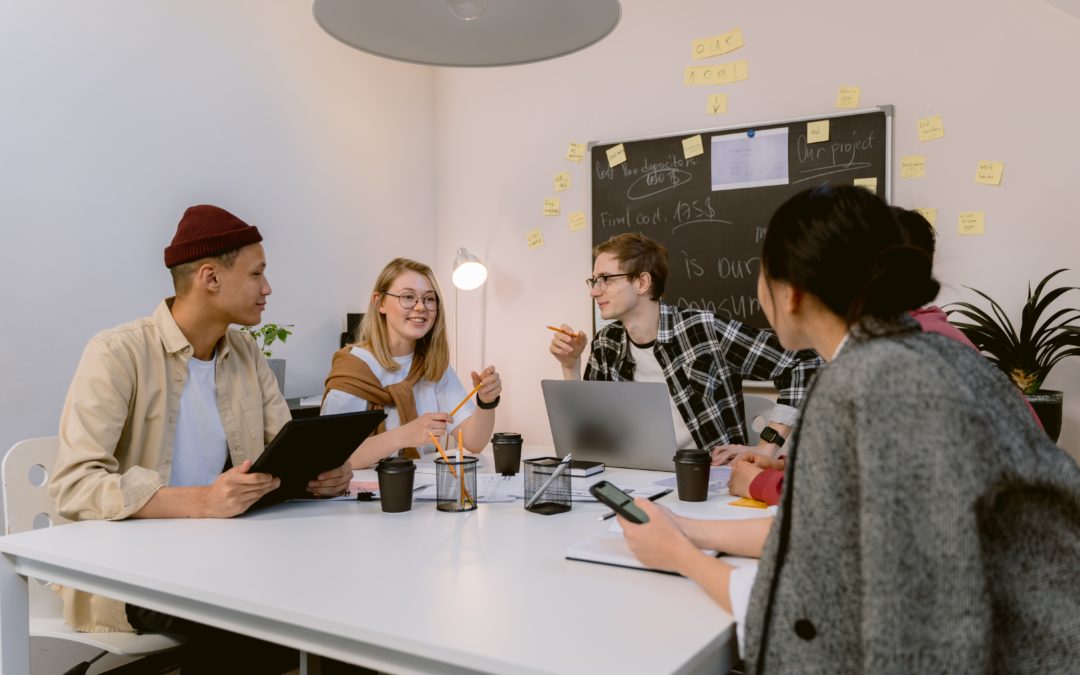As National Close the Gap Day approaches, I’ve been thinking a lot about what exactly that term ‘the gap’ means. What it is like to live on the side of that the ‘gap’ that needs closing.
It’s honestly an obnoxiously vague term.
To me, it seems trivialising, like as much of a challenge as stepping over the yellow line into a train carriage. Maybe you need a little bit of a boost at most, but it’s not so bad on the other side anyway. When you stop and think about the real meaning of the phrase, closing ‘gap’ can feel more like being on a rickety bridge over an abyss.
I’ve recently been feeling this a lot with Covid vaccines being introduced.
Being confronted with the statistic that, as an Indigenous person, I am likely to die a full decade or even two earlier than my non-Indigenous, and especially white, peers.
This statistic particularly hurts for me, because I know that my people were once some of the longest living on Earth; living easily to 100 years old at a time when Europeans were lucky to make it to 40. Seeing the damage colonialism has done, on such a fundamental level as life expectancy, is really hard. And that doesn’t even include the many health conditions we are at higher risk for such as diabetes, hypertension, glaucoma, and hearing impairment.
I once sat in front of a white doctor. She marvelled at how bad global Indigenous health is, like it was some mystery and not a direct result of systematic intergenerational starvation, removal from traditional food sources, and forced relocation to food deserts where access to affordable nutritious food is damn near impossible. This same doctor looked at my (naturally bigger) Indigenous body and became convinced that I must have diabetes without any evidence.
I know this kind of thing happens all the time. Indigenous people and bodies are simultaneously constantly pathologized with limited access to good quality health care because it’s simply too expensive or too far from the remote communities many of us live in.
Working to close ‘gap’ is all well and good and absolutely should be made more of a priority than it is,. But if we don’t acknowledge why the disparities exist in the first place then we can very easily fall into victim blaming. Indigenous health outcomes are not worse because there is something inherently “wrong” or unhealthy about our bodies, or because we aren’t trying hard enough. It’s because even the health care system is built on our disempowerment.
Living with the effects of colonial violence, poverty and intergenerational trauma can make caring for our bodies feel like an uphill battle filled with obstacles, and that’s okay. It is not your fault if things are hard. Our bodies are sacred sites and they deserve better. Let’s close gap but not forget why it opened in the first place.
This piece was written by one of the ICLA eFriend Peer Support Workers. eFriend is an online platform where you can connect with a trained peer support worker whom has their own lived experience of feeling lonely, isolated, stressed or worried. You can speak to your eFriend Peer via video or phone call. Your eFriend Peer will listen, validate and provide hope. If you like, they can also assist you to identify any other services you may like to try or help you create plans to improve your personal well-being. Or they can simply listen.
To book your first call visit: https://my.efriend.org.au/preregistration/


